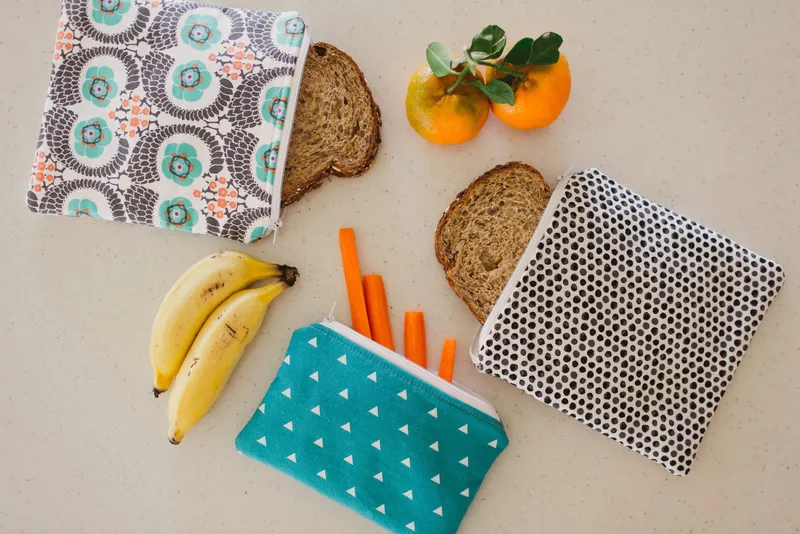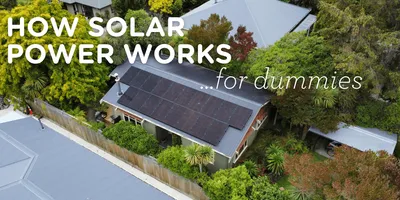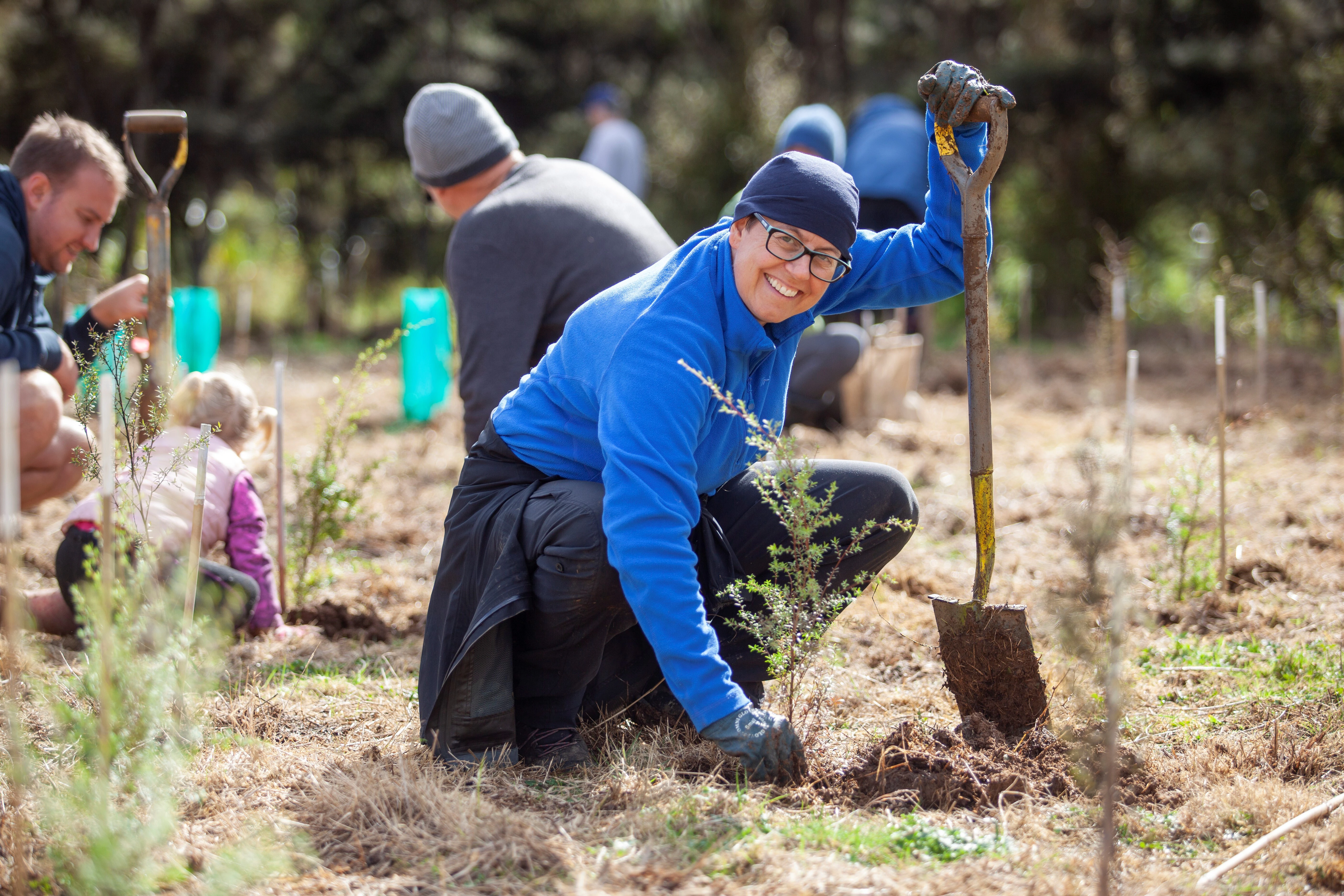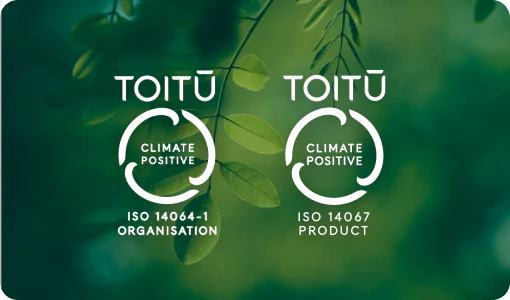10 items in your home that you can change to an ethical alternative
21/11/2019

It’s simple to make lasting, impactful change toward a sustainable future in your own life. Take a look around your home – I bet you can find at least 10 items that can be replaced with more ethical and sustainable alternatives. Here are some examples:
Grocery bags
Recently, New Zealand has said no to single-use grocery bags, saving around 4 billion bags going to landfill annually. However, even paper alternatives come at a cost to the earth. Try keeping a stash of reusable bags in your car or anywhere you might do a spot of shopping.
Shower head
You can pick up an amazing low-flow shower head from Bunnings or Mitre10, or look for specialists online for the latest European models. These heads can reduce household water consumption by up to 50% without sacrificing water pressure.
Reusable straws
Straws don’t have to be plastic – they can be glass or metal and can be washed and reused like any other piece of cutlery.
Shampoo and skincare
Bath and beauty products often contain ingredients that are farmed in an unsustainable way or directly contribute to climate change. Luckily, many ethical and sustainable brands are easily available in New Zealand. Check out Ethique, Ecostore and Lush for great skin and hair care products.
Loose tea
Grab a tea infuser and check out the exciting world of loose leaf tea. You can still get your cuppa without opening and throwing out so many disposable tea bags.
Notebooks
Did you know that in the US alone, people throw out 69 million tons of notebooks every year? Most of that paper comes from virgin forest. If you’re an avid notebook user, consider one of the many amazing reusable options, such as the Rocketbook.
Compostable plates and cutlery
If at all possible, you should avoid disposable plates and cutlery, but sometimes it’s a necessity – like when 50 relatives invade the house at Christmastime. Go sustainable with compostable plates, bowls, dippers, and cutlery – there are great Kiwi brands like Palm Leaf Plates and Earthpac.
E-reader
A beautiful hardcover book may be a joy to hold, but the book industry is a huge consumer of virgin paper. Millions of books are printed and shipped around the world each year, only around half of them to be returned unsold to their publishers for pulping. If you’re an avid reader, help conserve forestry resources by considering reading via an e-reader.
Natural cleaning products
Many household cleaning products contain chemicals like bleach and ammonia that can poison waterways and animal life. Try products made with natural ingredients like those from Ecostore and Living Green. If you’re feeling ambitious, you can even find instructions online for making your own!
New clothes
We all need new clothes from time to time, but do we need as many as we have? Fast fashion is an environmental disaster– the fashion industry is the second-largest polluter in the world. We can make better choices by looking for clothes made from sustainable fabrics by a fairly-paid workforce, by shopping second-hand, by making better use of the clothes we do own, and by renting formal wear instead of buying when we need to dress to impress.
These ten items are only the beginning. How can you make simple changes in your household to become more ethical and sustainable?







